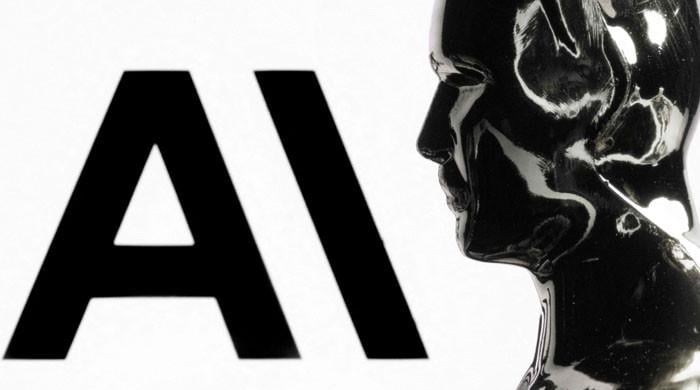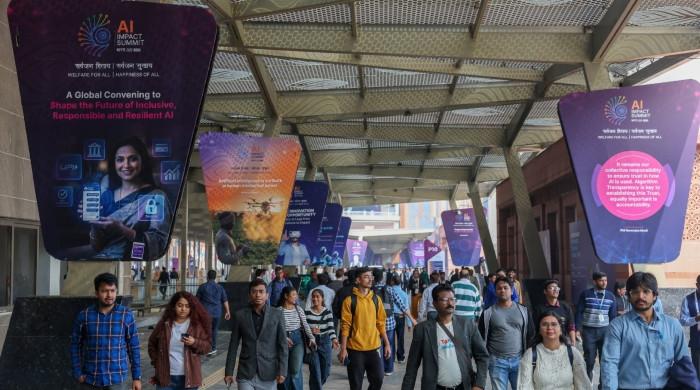Google will not answer your silly questions anymore
Google is launching a new feature called "data void", which will let a user know if a good answer to their question does not exist
August 12, 2022

- Google's head of search said way in which results are displayed is not "helpful".
- Snippets is AI procedure where responses are generated from websites.
- While most errors are comical, some can be seriously misleading.
In an attempt to improve its search engine's “featured snippets” service, Google announced that it will not be answering silly questions.
In a blog post, Google's head of search Pandu Nayak said that the current way in which the results are displayed is not "the most helpful".
For example, if a user asks Google "when did Mickey Mouse murder Abraham Lincoln?", it would happily tell them "1865". The date is right but the assassin, not so much.
However, users can now expect fewer answers to such questions.
“We have trained our systems to get better at detecting these sorts of false premises," said Nayak.
"We’ve reduced the triggering of featured snippets in these cases by 40% with this update."
Snippets is Google's featured response to questions which also powers its smart speakers and voice assistants. It makes things less complicated for users.
However, Snippets is an AI procedure where these responses are generated from the websites. In 2017, the tech giant got into trouble over a featured snippet about Obama, reported The Guardian.
To the question, “Is Obama planning a coup?”, Google's voice assistant responded "Obama may in fact be planning a communist coup d’état at the end of his term in 2016," extracting information from a conspiracy website.
While most errors are comical, some can be seriously misleading. To explore the root cause of mistakes like these, Google is launching a new feature called "data void", which will let a user know if a good answer to their question does not exist.
“It looks like there aren’t many great results for this search,” the site now warns.











